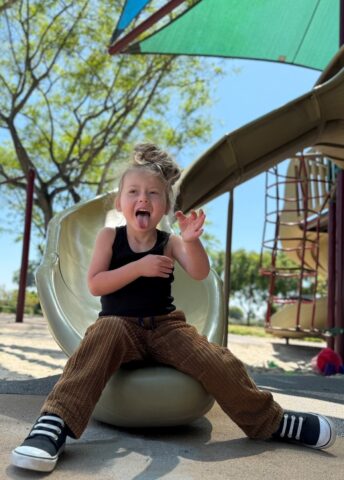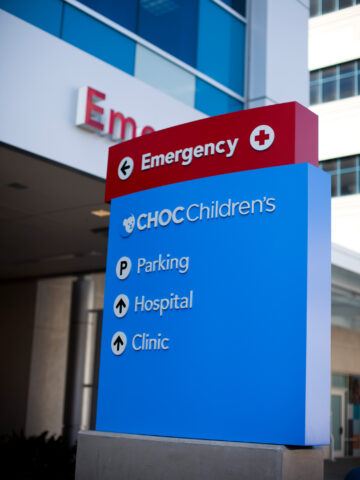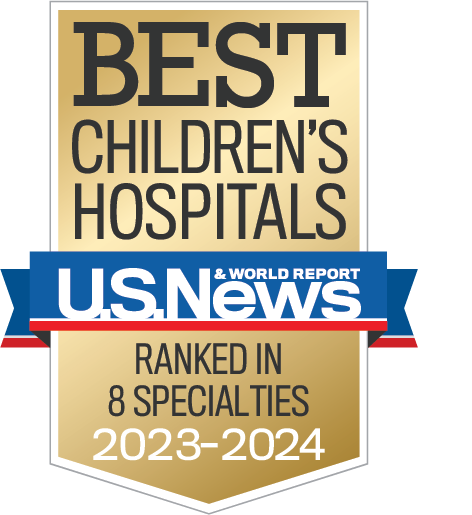“Arthritis is something elderly people get,” is something Dr. Andrew Shulman, CHOC pediatric rheumatologist, has heard countless times. People are often surprised to learn that kids — even toddlers — can develop arthritis.
Joint pain can be a bit of a mystery to most people, especially when it comes to young children. With August being Juvenile Arthritis Awareness Month, we looked to Dr. Shulman to learn more about this and other common juvenile joint pain myths he finds most important for pediatricians to recognize and communicate with patients.
Myth 1: All joint pain is arthritis.
False. If joint pain is the primary symptom, chances are it is not arthritis. The most common initial symptoms of arthritis are persistent swelling, redness, stiffness and limited range of motion.
The type of joint pain that is associated with juvenile idiopathic arthritis (or JIA — formerly called juvenile rheumatoid arthritis) is pain in an articular location that is dull, throbbing or sharp and that improves throughout the day with movement. This pain is commonly exacerbated by prolonged sitting, naps and specific tasks, and improves with activity and non-steroidal anti-inflammatory drugs (NSAIDs). Sometimes skin redness is involved.
Myth 2: Arthritis is a precise diagnosis.
False. It is a symptom and a finding, much like a cough is not an official diagnosis. More testing is needed to determine whether or not joint pain is caused by a specific type of arthritis or another rheumatic condition, such as pain from overuse or a neuropathic disorder.
Myth 3: Arthritis is diagnosed with laboratory tests.
False. Labs can be used to characterize arthritis when it is present, but lab work can be totally normal in kids who do have arthritis. Using lab tests alone as a diagnostic tool can lead to a missed diagnosis.
Dr. Shulman urges pediatricians to keep in mind that routine lab work is more useful initially than specialized tests are. “A complete blood count (CBC) with differential, chemistry panel, erythrocyte sedimentation rate (ESR) and c-reactive protein (CRP) tests present more information and are better initial screening tests than specialized tests such as antibody tests and complement studies,” he says.
Myth 4: Only elderly people get arthritis.
False. The incidence rate of JIA is one to 10 out of 10,000 per year, making it a more common condition among young people than cystic fibrosis, juvenile diabetes and muscular dystrophy combined.




